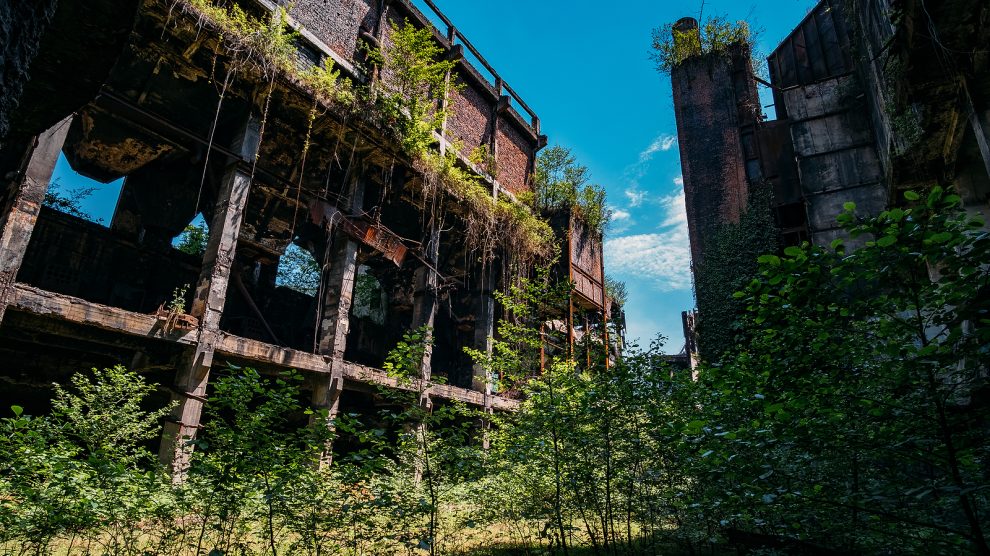Our weekly digest of articles about emerging Europe published elsewhere this week, all of which caught our eye and all of which are well worth your time. Listing them here, however, does not necessarily mean that we agree with every word, nor do they necessarily reflect Emerging Europe’s editorial policy.
Russia committed human rights violation in Georgia war
Russia committed a series of human rights violations during its war with Georgia in 2008, the European court of human rights ruled on Thursday, saying Moscow was responsible for the murder of Georgian civilians, and the looting and burning of their homes.
The EU and Karabakh: Picking up the pieces, looking for a role
Widely seen as one of the losers of the recent conflict, the EU could contribute to making the emerging regional order more viable – and rebuilding trust with the parties.
In Azerbaijan, Jewish soldiers are poster children of war with Armenia
For decades, Rabbi Zamir Isayev has prayed on Shabbat mornings for the government of his native Azerbaijan. Amid the recent deadly fighting between Armenia and Azerbaijan over disputed territory, he has added a special prayer for the well-being of Azerbaijan’s soldiers, which he follows up with his regular prayer for Israeli troops.
US targets Putin’s pipelines from Baltic Sea to Balkans
The US has begun 2021 by delivering a series of sanctions blows that leave the future of Vladimir Putin’s 11 billion US dollars Nord Stream 2 pipeline project in grave doubt. The latest American measures appear to have succeeded in forcing insurance, certification, and engineering firms to distance themselves from the geopolitically sensitive energy infrastructure project.
China marches to Serbia’s aid as EU’s COVAX scheme fails to deliver
With so few vaccines having arrived from the West, Chinese and Russian ones are now almost the only option for most in Serbia.
Hungary orders publisher to slap disclaimer on LGBT+ book
Hungary has ordered a publisher of LGBT+ books to print a disclaimer on a queer fairytale anthology.
‘The best weapons against dreams’: Two poems on Ceaușescu’s orphans
UK-based Romanian poet Maria Stadnicka’s forthcoming Buried Gods Metal Prophets, published by Guillemot Press, is an astonishing collection of poems, and a testament to the tens of thousands of children who grew up in Romanian orphanages under Nicolae Ceaușescu.
‘I didn’t ask’: Balkan women share sexual abuse traumas
After several Serbian actresses accused the head of a popular acting academy of rape, women artists across the region are starting to share their own of experiences of sexual abuse on social networks.
Apparent body-shaming shows even Kosovo’s top official must endure ‘disgusting misogyny’
Just weeks before next month’s snap elections, Kosovo’s interior minister and a leading voice in one of its top parties has been accused of taking a sexist, body-shaming swipe at the Balkan state’s most powerful woman.
The ultimate wine tour is in Croatia, 20 metres under the sea
The Dalmation Coast in Croatia is known for its stunning scenery, beautiful beaches and pristine seas. But did you know it’s also home to the world’s first underwater winery?
House hunting in Estonia: A 19th century manor with modern style
The pandemic dealt a blow to Estonia’s housing market, but recent data suggests there are still smart investments to be made there.
Art Nouveau pioneer Alphonse Mucha’s Slav Epic finds a home at last
Alphonse Mucha’s wish to find a permanent home for his Slav Epic in Czechia may finally come true after the monumental cycle of 20 paintings was left in limbo for almost a century.
Unlike many news and information platforms, Emerging Europe is free to read, and always will be. There is no paywall here. We are independent, not affiliated with nor representing any political party or business organisation. We want the very best for emerging Europe, nothing more, nothing less. Your support will help us continue to spread the word about this amazing region.
You can contribute here. Thank you.


